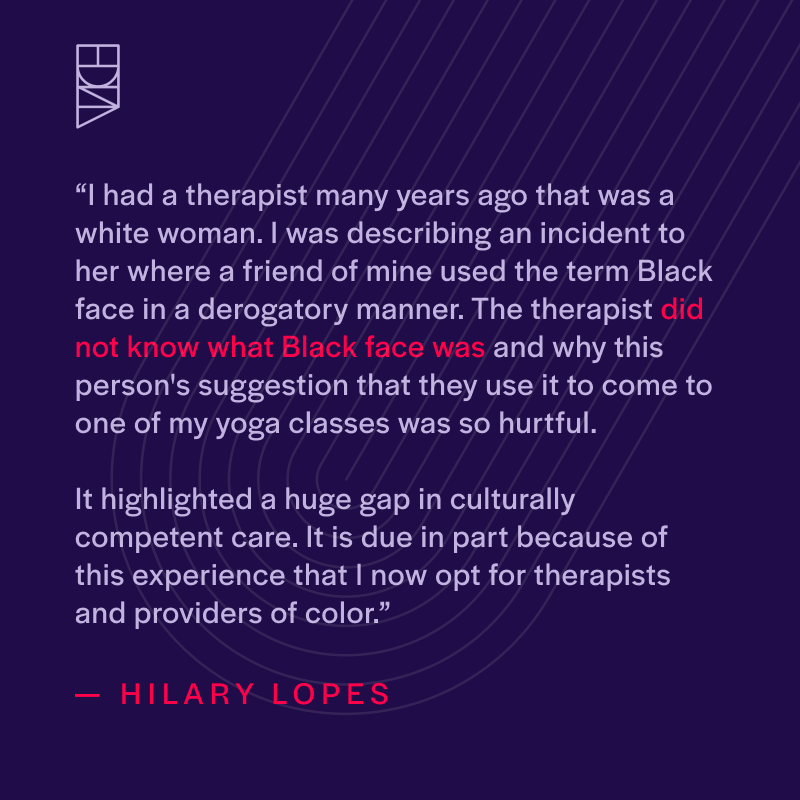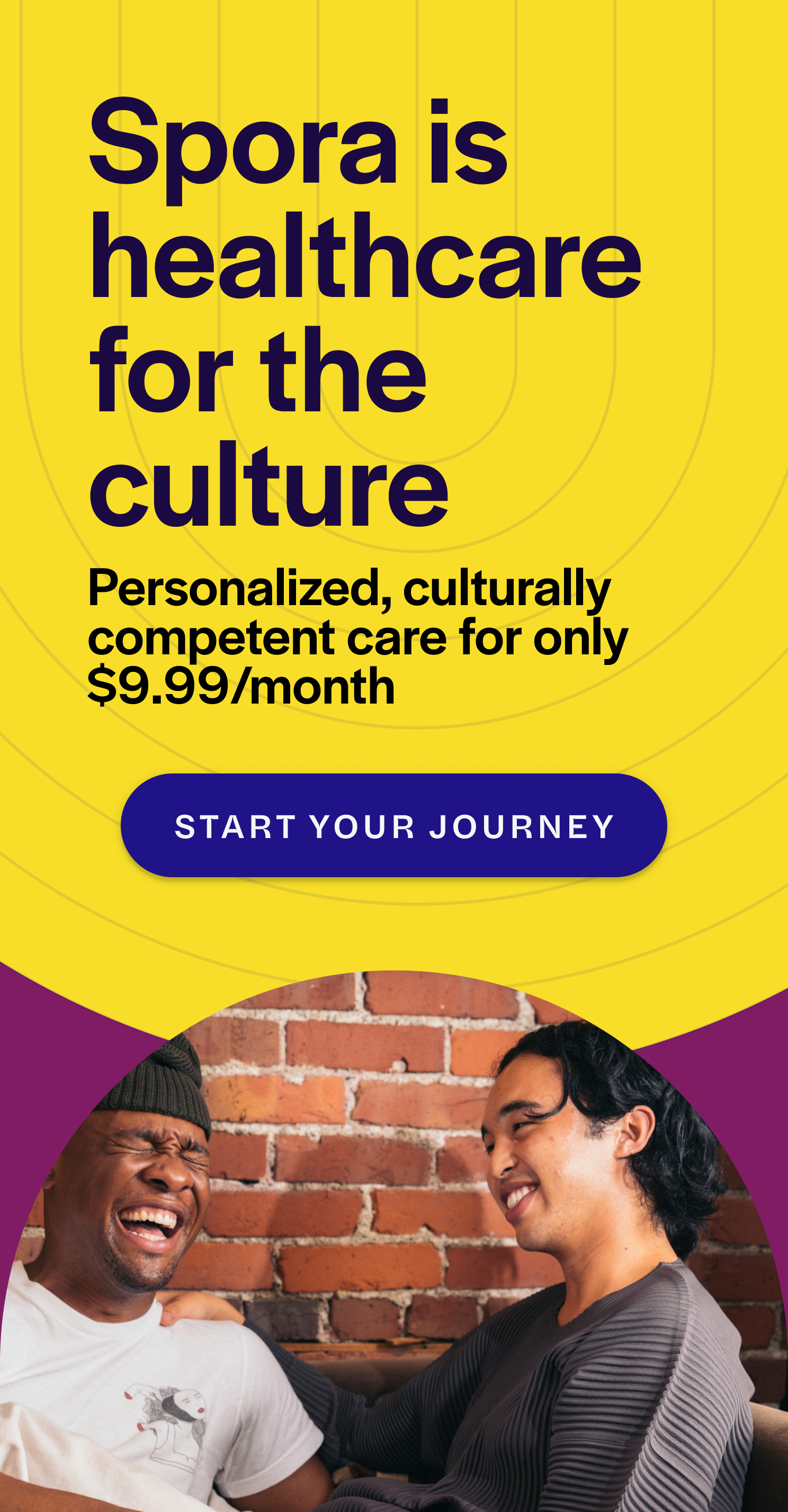What is Culturally Competent Health Care?
The world looks different than it did just a year ago. For starters, many people are more comfortable talking about health and wellness with strangers, acquaintances or co-workers in a way we never would have in the “before times.” I might never really shake the sense of social panic when someone sneezes in public, but I do appreciate how a year of universal concern for our health has opened up more casual conversations about our own physical, social and mental health. This change in perspective has encouraged many of us to start thinking about what proper care is, and how dangerous a lack of healthcare can be. There’s a renewed enthusiasm for understanding our medical provider, and being understood in return. This is the era of culturally competent care.
What is Cultural Competence?
Photo by PNW Production from Pexels
According to The Department of Health and Human Services, cultural competency is a set of congruent behaviors, attitudes, and policies that come together in a system to enable effective work in cross-cultural situations. But what does that *actually* mean? Well, a culturally competent environment makes it possible for people who have different backgrounds to effectively communicate and work together. If you’ve ever had an interaction with another person where you felt like there was a barrier between you and them, you’ve experienced how important cultural competence can be. Perhaps you felt like they weren't really hearing or seeing you. Maybe they didn’t get your references. You might feel like they misunderstood your intentions. This lack of cultural competence creates a chasm between you and another person, and sometimes that can be hard to get around.
I once made a reference to Living Single, a popular TV show from the mid-nineties, to a coworker. To my surprise (and temporary shock), this person had never seen the show, so there was an awkward moment before we moved on. Sure, the stakes are rather low for these everyday interactions where the two people involved are on a level playing field. But when there’s a difference in power dynamics, like between a medical provider and their patient, it can be dangerous and harmful. Take for example this story from Hilary Lopes, a yoga instructor and mother of three:
“I had a therapist many years ago who was a white woman. I was describing an incident to her where a friend of mine used the term Black face in a derogatory manner, suggesting they use it to come to one of my yoga classes. The therapist did not know what Black face was and why that was so hurtful. It highlighted a huge gap in culturally competent care, and it is because of this experience that I now opt for therapists and providers of color.”
When medical providers don’t have an understanding of certain cultural touchpoints, concepts and don’t have a grasp on the language of the population they are treating, they may lack the ability to make the patient feel understood. Additionally, having to explain something like Black face to your provider unfairly shifts the burden back onto the patient, who may feel discouraged in bringing up their concerns in the future. You can see how this starts to become a problem. Most people of color in the US have a story just like this in a medical setting. At this point, these interactions might be normalized or even expected, because sadly, our current medical system isn’t built to fully support minority populations.
How Lack of Cultural Competence Harms
There are countless examples of how lack of cultural competence in a medical setting diminishes health outcomes for people of color, particularly Black Americans:
One study on both verbal and non-verbal communication found that black patients consistently experienced poorer communication quality, information giving, patient participation, and participatory decision-making than white patients.1
Black patients have been found to have less trust in physicians that are found to have higher levels of implicit bias, which tends to be expressed nonverbally. This lack of trust leads to poorer health outcomes such as lower medical advice acceptance, treatment adherence, and appointment attendance.2
A Baltimore study found that physicians were more verbally dominating with black patients and lower levels of patient-centered dialogue—which affects patient trust and continuity of care.3
Even when you adjust for other factors like household income, education, and location, these disparities continue to exist. In many cases, it’s because patients and medical providers exist on opposite sides of a cultural gap, and they don’t know how to bridge it.
How Spora Health is Providing Culturally Competent Care
Photo by Tima Miroshnichenko from Pexels
Sure, it all sounds very bleak, but the good news is the game is changing. Even better, medical providers of all ethnicities, colors and creeds are changing with it. Most medical professionals chose their career path out of a genuine desire to help people. As more research presents itself to show how patient outcomes are impacted by a lack of cultural competence, medical providers are working to address their own knowledge gaps, attitudes, behaviors, and policies which may or may not work for people from different cultures or backgrounds—all this to provide better care across the board.
At Spora Health, every medical provider is required to go through Spora Institute, a proprietary peer-learning experience and curriculum. Upon completion, each provider has the tools they need to work with and effectively treat patients of various backgrounds and cultures as well as access to ongoing training and peer discussion. Our curriculum covers:
Nonverbal communication
Verbal communication
Health Literacy
Gender & Sexism
Sexuality
Ableism
Motivational Interviewing
Trauma-Informed Care
Maternal Mortality
In medical school, providers learn how to, well, practice medicine. But it’s in Spora Institute that they learn how to effectively work with a patient, to motivate change, and to reach health goals across cultural barriers.
“I appreciate the thoughtful training. I think it’s a step forward in how the standards around patient care need to be developed.”
It’s important to note that culturally competent doesn’t mean being treated by a medical professional from your same race or ethnicity (known as racially concordant care) . Just because a provider is the same race, gender identity, or ethnicity as you, gaps in shared experience can still exist to create a less-than-ideal provider-patient relationship. Cultural competence training empowers any medical provider who wants to remove bias from their offices to positively impact patient outcomes, regardless of the race of the provider or the patient. Spora Health providers have the tools to treat anyone sitting across from them, regardless of that person’s background or their own, to ensure those gaps are not negatively affecting the care they can provide.
Culturally Competent Care in Action
We talk about culturally competent care at Spora Health a lot because it’s foundational to what our primary care network provides. That means that our providers must take what they learn and apply it to real life medical environments that cater to patients. "Spora Institute doesn't just teach concepts, we teach behavior change frameworks appropriate for providers and patients to ensure providers can act on what they’ve learned." says Elise Omaits, Population Health Lead for Spora Institute. Here are a few ways cultural competence shows up IRL at Spora:
Photo by Klaus Nielsen from Pexels
We acknowledge that health-related behavior change is hard and that barriers can be physical, emotional, financial, and/or cultural. That’s why every Spora healthcare provider takes the time to understand you through a series of thoughtful, realistic, and relevant questions based on extensive research, to understand your unique circumstances and create a plan that will work specifically for you.
We make every patient feel safe, heard, and empowered. Our providers are trained to be aware of the power dynamics that exist between provider and patient, and how to create an environment that fosters trust, equity, and psychological safety.
We recognize that much of what is said, isn’t ever said. Things like eye contact, tone, touch and posture speak volumes, and the role of the provider is to be aware of their own body language to communicate compassion, attention and competence.
We know implicit bias must be acknowledged to be overcome. We’ve all had different lived experiences and come pre-programmed with different assumptions about other people that inform how we think, speak to, or interact with others. We’re committed to being aware of these biases and counteracting them when they surface.
We aim to be curious about every patient and primed to listen first. Nkechi Njaka, a neuroscientist and mindfulness guide from San Francisco told us this story:
“My earliest memory is when I was around age 12 or 13 and I had a sore throat. I knew that I had strep throat and I asked to be taken to the doctor. I told my doctor that I thought I had strep and he said that I didn’t. I said I knew I had it because it felt like when I had it before and I demanded a throat culture. My mother was in the room with us and she advocated for me. Reluctantly he did the test and it revealed I had strep and my mother later complained about our experience.”
Providers must be curious and open, but recognize that the patient has autonomy and expertise in their own body.
Lastly, all of this is guided by two overarching key points:
Cultural values are as different as the people we treat. We’re not in the business of reinforcing medical stereotypes or creating more prescriptive treatment approaches. Each patient is a composite of a complex identity, cultural background, and lived experiences who will benefit from a tailored treatment plan based on the medical expertise of their provider.
Health care is an ongoing knowledge exchange. Your lived experience and health history, combined with your doctor’s knowledge and expertise make for a great relationship and a strong foundation for your health journey. As your journey progresses, the exchange of valuable information between you and your doctor needs to evolve too. It’s an adaptive process built upon mutual respect and trust.
All in all, that’s what culturally competent care means to us and what it looks like in practice. Spora is proud to support providers with the knowledge and tools to connect with patients regardless of their ethnicity, race, culture, religion, gender, sexuality, or ability. It’s the shared goal among all of our providers to be able to meet you where you are, health-wise, and work with you to create a plan to help you live a long and joyful life. By removing barriers in our healthcare system faced by Americans of color, we’re revolutionizing what care can look like and how it can make you feel.
Are you ready to start your healthcare journey with a culturally competent primary care provider? Sign up today.






